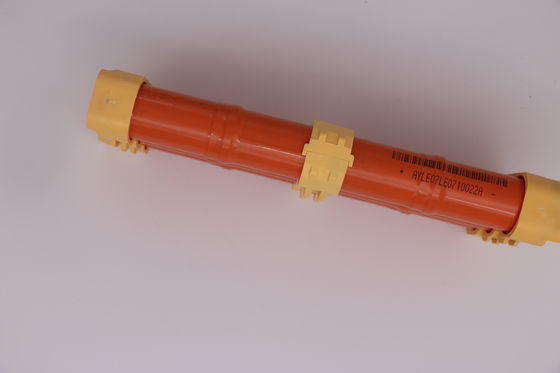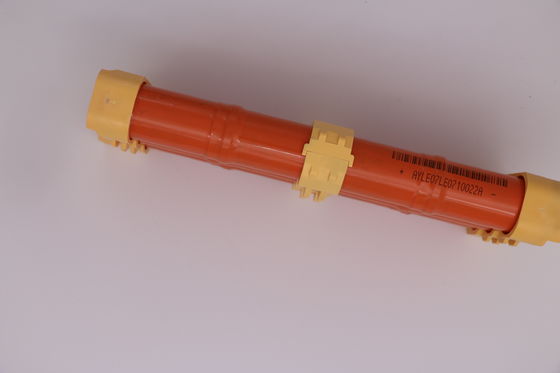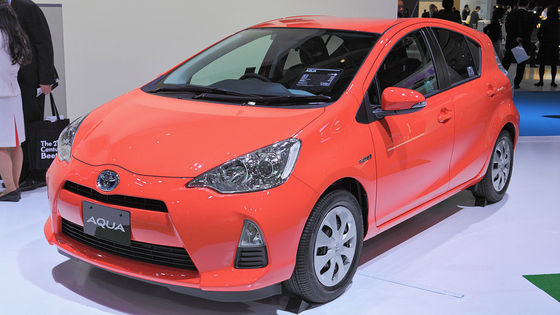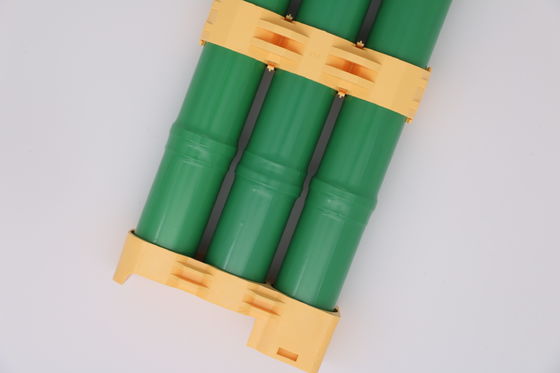-
English
-
French
-
German
-
Italian
-
Russian
-
Spanish
-
Portuguese
-
Dutch
-
Greek
-
Japanese
-
Korean
-
Arabic
-
Indonesian




